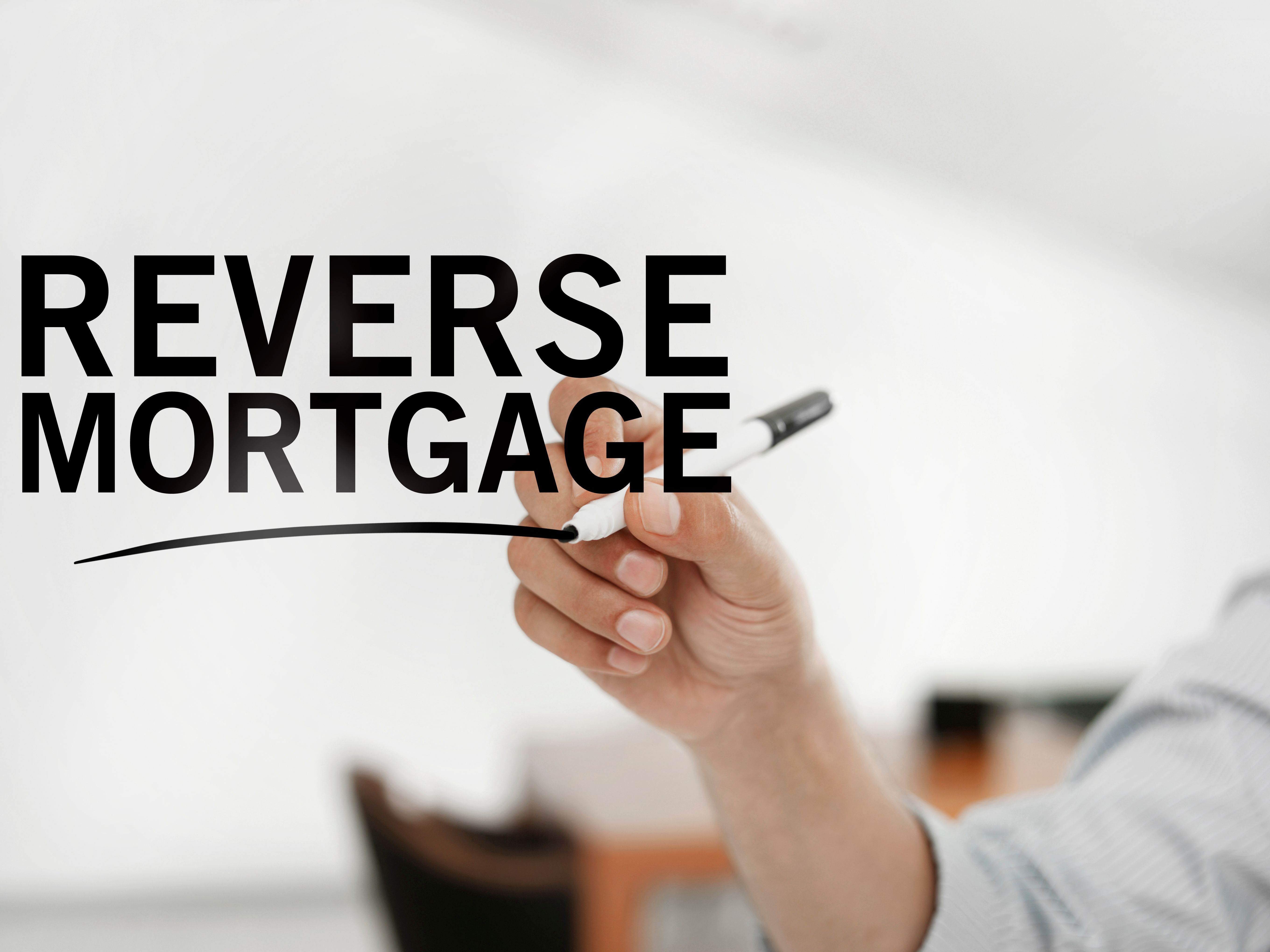When to Consider a Reverse Mortgage Strategy
Understanding Reverse Mortgages
Reverse mortgages can be a valuable financial tool for homeowners aged 62 or older, allowing them to convert a portion of their home equity into cash. Unlike traditional mortgages, reverse mortgages do not require monthly payments. Instead, the loan is repaid when the homeowner sells the home, moves out permanently, or passes away. This arrangement can provide significant relief to retirees looking to supplement their income.

When to Consider a Reverse Mortgage
Deciding whether a reverse mortgage is right for you involves careful consideration of your financial situation, goals, and future plans. Here are some scenarios when it might be worth considering:
- Retirement Income Needs: If your retirement savings are insufficient to cover your living expenses, a reverse mortgage can help fill the gap.
- Healthcare Expenses: For those facing high medical costs, the additional funds from a reverse mortgage can provide much-needed relief.
- Home Modifications: If you need to make your home more accessible, a reverse mortgage can finance these modifications.
Eligibility Criteria
Not everyone qualifies for a reverse mortgage. Understanding the eligibility requirements is crucial to determining if this financial strategy is an option for you. The primary criteria include:
- The homeowner must be at least 62 years old.
- The home must be your primary residence.
- You must have sufficient equity in your home.

Types of Reverse Mortgages
There are different types of reverse mortgages available, and understanding these options can help you make an informed decision. The three main types include:
- Home Equity Conversion Mortgage (HECM): The most common type, insured by the federal government and offering flexible payment options.
- Proprietary Reverse Mortgages: Private loans that are not federally insured but may offer larger loan amounts.
- Single-Purpose Reverse Mortgages: Offered by some state and local government agencies for specific purposes like home repairs or property taxes.
Potential Risks and Considerations
While reverse mortgages offer numerous benefits, they also come with potential risks. It's important to be aware of these before proceeding. Some considerations include:
- Loan Costs: Reverse mortgages can have high upfront fees and interest rates.
- Impact on Inheritance: Since the loan must be repaid when the home is sold, it could reduce the amount left to heirs.
- Residence Requirements: You must continue to live in the home as your primary residence, maintain it, and pay property taxes and insurance.

Consulting with Professionals
Before committing to a reverse mortgage, it's wise to consult with financial advisors or housing counselors who specialize in this area. They can provide personalized advice based on your individual circumstances and help you weigh the pros and cons effectively.
In conclusion, a reverse mortgage can be a strategic choice for some homeowners, offering financial stability during retirement. However, it's essential to approach this decision with careful analysis and professional guidance to ensure it aligns with your long-term financial goals.
